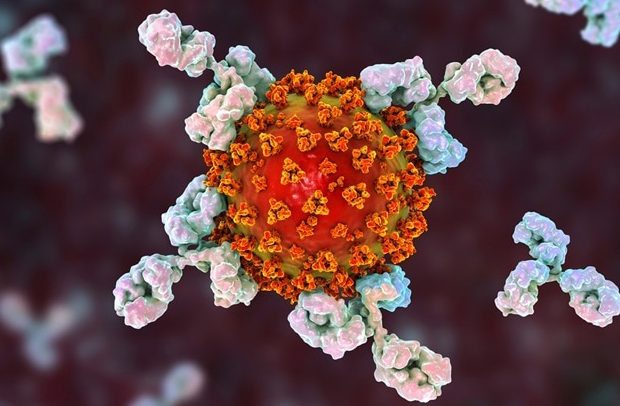The Noguchi Memorial Institute for Medical Research (NMIMR), University of Ghana, has expressed concern over the recording of high viral load among those who test positive for the Covid-19 Delta strain.
According to communication released by the institute, its testing centre since April 2021 has observed some characteristics of the Delta variant including samples containing high viral loads.
“The positive cases have very high viral loads indicated by low cut-off cycle thresholds (CT values) obtained in the real-time RT PCR assay.
The CT values for the majority are between 15-20 compared to higher values above 30 seen previously. The higher viral loads observed in recent cases are attributable to the Delta variant,” the NMIMR said.
It further noted that 7.34% (840/6538) of the positive cases recorded from asymptomatic persons who visit the walk in centre to test for travel work-related or school related purposes from 1st June to 22 July 2021 have equally high viral load.
It indicated that with a popopulation of >80% unvaccinated, the country must be ‘concerned that if these apparently healthy carriers transmit the virus to the unvaccinated, we may have a more serious outbreak to deal with as a nation.’
“Some of these positive cases have taken the full dose of Covid-19 vaccines,” it noted.
It further noted that those who test positive for Covid-19 Delta variant are taking longer to clear the virus as there is a high number of re-tests that still test positive.
‘Transmission of SARS-CoV 2 is directly linked to how much virus is shed in droplets during sneezing and coughing, which also determines the spread through, talking, singing and other related activities.
The Delta variant has been reported to spread faster than the other variants and our testing observations confirm that.
With the spread the Covid-19 Delta variant increasing in Ghanaian communities as compared to the earlier Alpha variant the institute is calling on the government to take a second look at the state of adherence to Covid-19 preventive protocols and appropriate restrictions.
By Jamila Akweley Okertchiri


